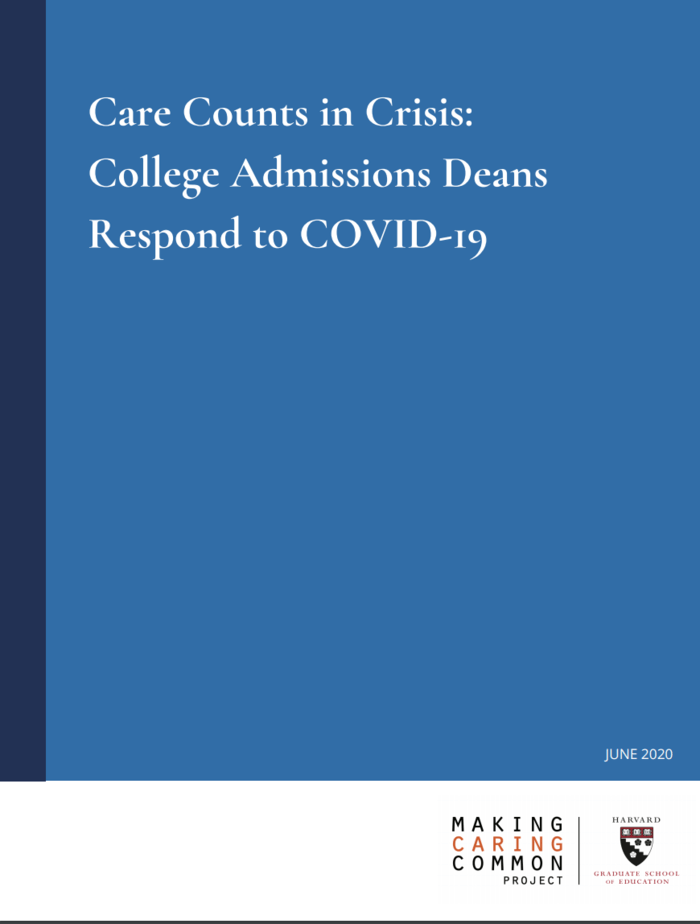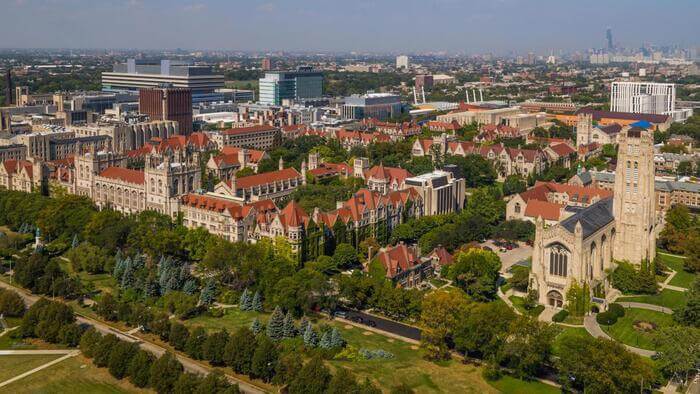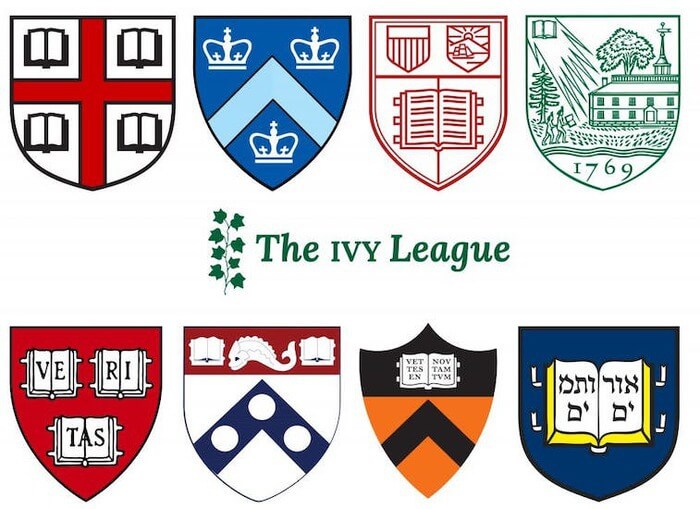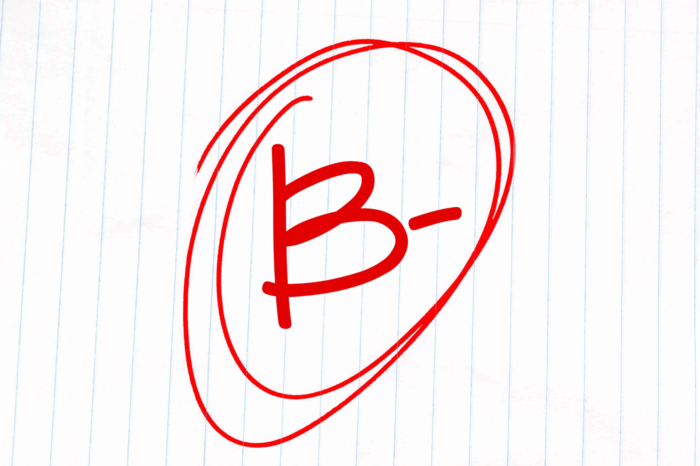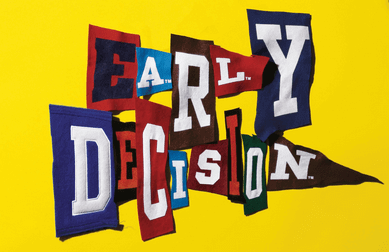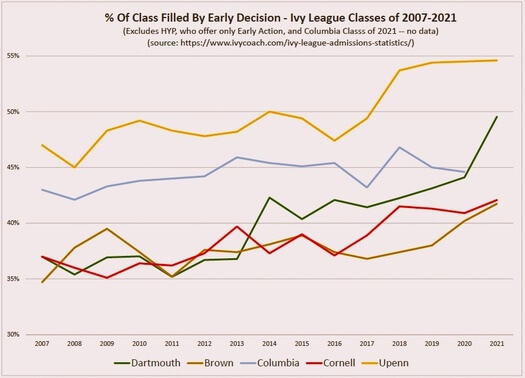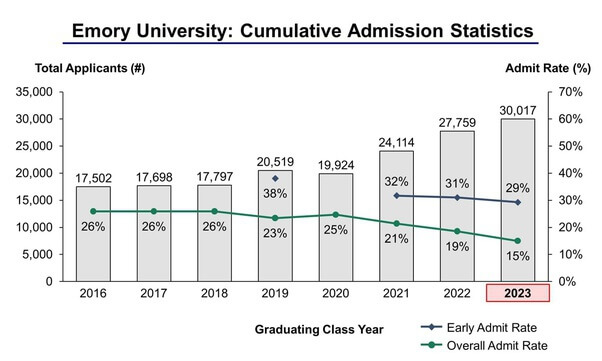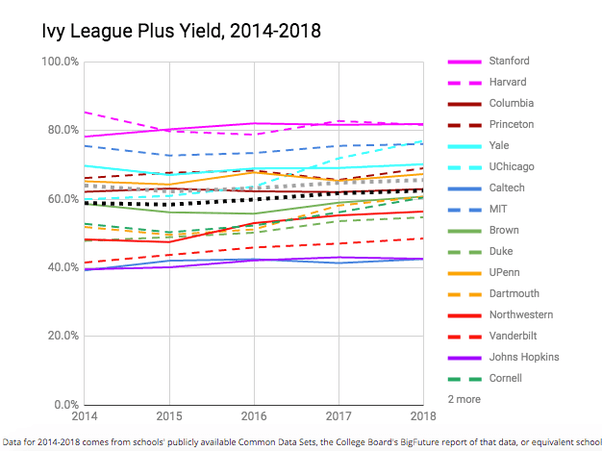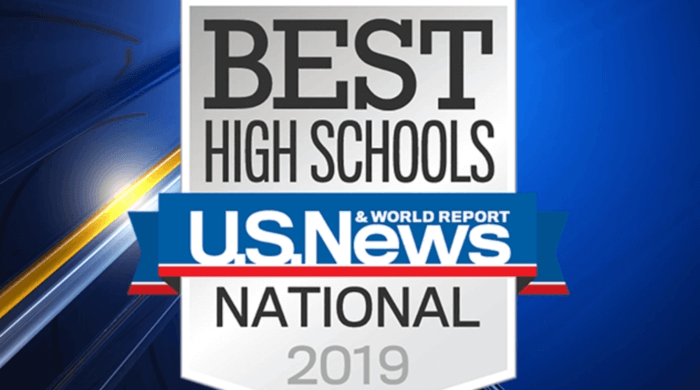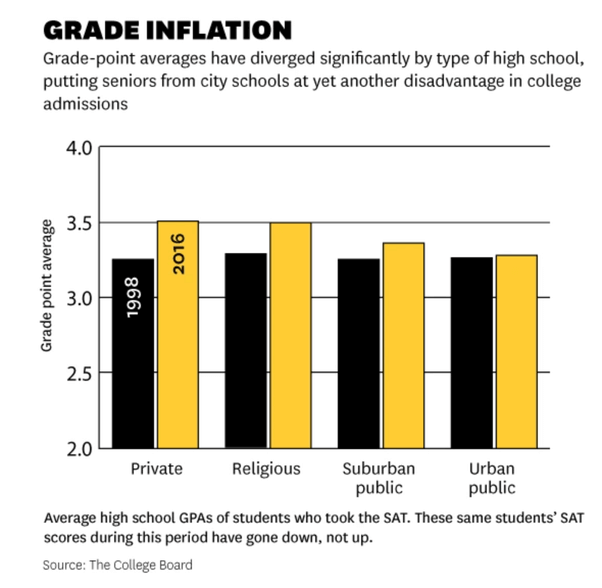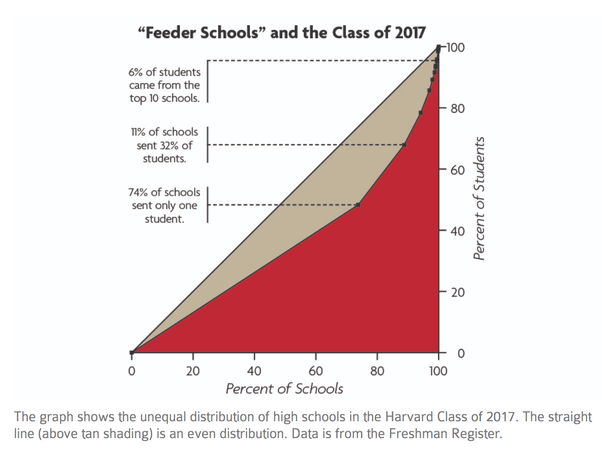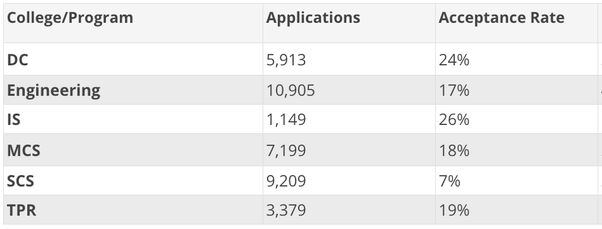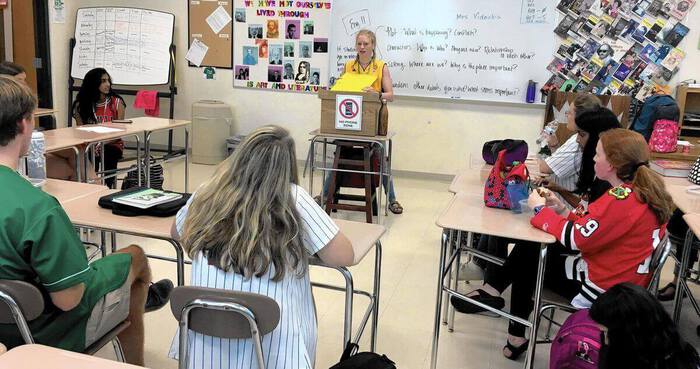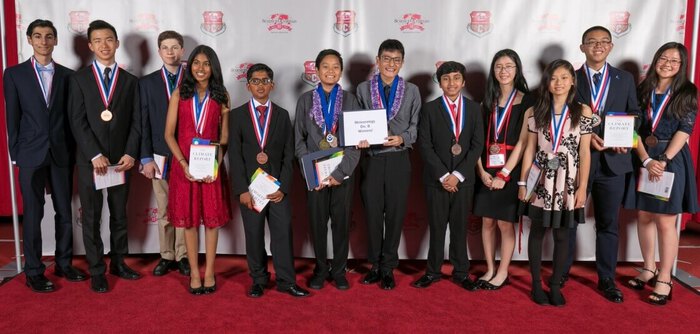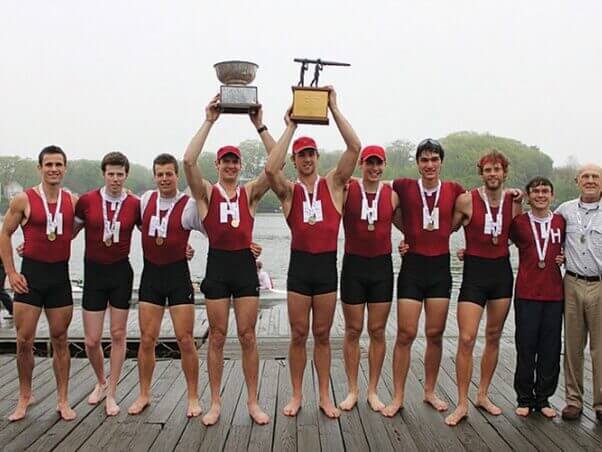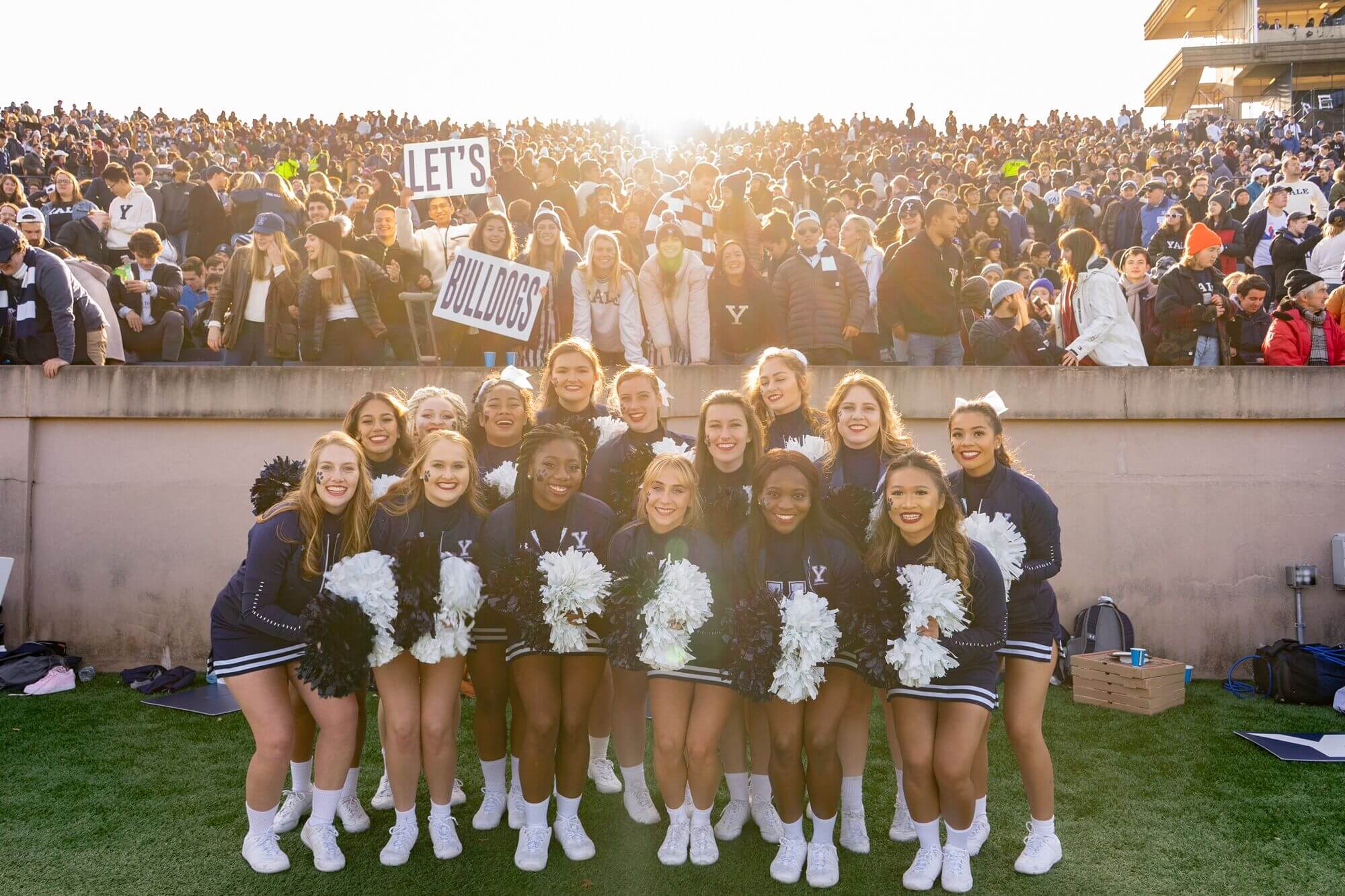
Whether you have been dreaming about attending a particular university for years or just discovered a college's program offerings on Google, one of the most popular application essay questions that stumps students is:
"Why do you want to attend our school?"
There are several challenges with the "Why Us?" essay question:
- How do you answer this question in a way that doesn’t just regurgitate facts about the school that the admissions officer already knows?
- How do you avoid coming across as insincere or adulating while still sounding impressed and enthusiastic about the school?
- How do I make an essay that is putatively about a school an essay about myself?
This can be a tough balance to strike, especially when you consider that an admissions officer will read through hundreds of similar essays over the span of a couple months.
However, with a bit of research and thoughtful reflection, you can be well on your way to a successful essay!
In this blog post, we will outline four key strategies to better demonstrate your unique appreciation of a particular university and to showcase the distinctive contributions that you will make to its community.
Let’s say you’re applying to a popular university, which we’ll refer to as College X.
 A picture of a hypothetical College X (can you guess what school this actually is?)
A picture of a hypothetical College X (can you guess what school this actually is?)
If there's only one thing that you take away from the rest of this article, it's this:
Remember that you are applying to College X out of hundreds of alternative schools because there is something (or likely several things) that makes College X stand out from every other college for a student with your unique background and interests.
We will tackle this question by identifying and making a list of all the unique aspects of College X (again, emphasis on features that are unique to College X) that draw you to the school. This list will be a good starting place for your essay.
Your essay should delve into these four major areas:
- Path of study/major
- Interests outside of the classroom
- Giving back to the school community
- General campus culture
1. Path of study/major
You should have a clear idea of what aspects of College X’s academic program you will explore.
Note: Even if you are totally undecided as to what your major will be, you still need to have some idea of what you want to study. List a couple of fields that you’d like to explore in lieu of having a specific major chosen.
For example, maybe you are interested in public policy and you have heard great things College X’s School of Global Affairs .
Instead of simply stating that you are interested in this particular department of College X, you first need to do some deeper research into the courses and special programs offered by this department.
You must be aware of the current professors on the faculty if the department and the unique opportunities available for student involvement.
This can take the form of any of the following (I've done this exercise for College X's School of Global Affairs below):
- Summer/term-time research programs ( Example )
- Student clubs advised by faculty in the department ( Example )
- Publications or newsletters published by the department ( Example )
- Affiliated institutes or research centers ( Example )
- Majors, joint majors, minors, or certificates ( Example )
- Special concentrations or focus fields ( Example )
- Famous courses or faculty ( Example )
- Unique programs, initiatives, or fellowships ( Example )
- Post-graduate opportunities ( Example )
- Traditions or community culture ( Example )
- Study abroad, summer programs, or internship opportunities ( Example )
- Events hosted by the department ( Example )
- Community service trips
- Industry affiliations
- Capstone projects
- ...and more!
It is important that the specific offerings that you mention are not things that you could have pulled together by simply skimming the university home page for five minutes.
After reading through tens of thousands of applications, admissions officers can quickly distinguish between a student who has taken the time to understand their school and write a thoughtful answer and a student who simply sprinted through the question without much forethought.

2. Interests outside of the classroom
Since you will undoubtedly find yourself with some free time in college, it is important that College X knows that you will use this free time to do something other than sitting in your dorm and watching TV.
You need to show that you are a student who will not simply treat life as a 24/7 academic-a-thon, but will rather be proactive outside of class to get involved on campus and participant in student activities or groups in some way.
If you are interested in pursuing your current high school extracurriculars in college (e.g. through a debate team or a club/intramural soccer team or a cultural affinity group), then you should let the admissions committee know!
Again, this question is a great opportunity for you to do some background research and learn more about what College X offers that could keep you busy and happy outside of academics.
Most schools have a list of officially recognized student groups , so definitely do some digging to try to find this online. If you can’t find any such list on College X’s website, then reach out to a current student to get the scoop!
Another great place to find extracurriculars is to go to College X’s student newspaper .
There, you’ll likely find a ton of articles describing on-campus events and activities and general goings-on, which can be a great source of information as to what students are up to outside of class.

3. Giving back to the school community
Universities value students who have a sincere desire to give back to their community.
This may be a cliché, but it’s only a cliché because it’s true:
You will learn more from your peers in college than from any of your classes/professors/textbooks.
And you will be one of those peers to someone else!
But you can’t be a positive part of someone else’s college experience if you never leave your dorm.
College X wants to know that you’ll not just acquire things from it (knowledge, housing, food, a degree), but also that you’ll give back.
College X is greedy – sure, it wants to educate the youth.
But College X primarily wants to make College X better, and so you need to demonstrate how admitting you will make College X a better place.
There are countless ways to give back to the broader school community.
Involving yourself in student organizations (as detailed above) is one way.
Doing community service is another great way to contribute to campus life or to College X’s surrounding community.
Many colleges are located in urban areas or smaller suburbs that revolve around the college (these are known as "college towns"). Thus, there is usually a broader neighboring community that the college will interact with and sponsor community service projects within.
Whether it's through Habitat for Humanity or service outings or business programs that seek to involve traditionally underrepresented people, find out how you can weave your skills and knowledge into an activity or organization that is of service.

4. General campus culture
Each school has its own culture, and College X is no exception.
This essay is the one place in your application where an admissions officer can essentially directly ask you whether you understand College X’s culture and how you might fit in.
When addressing this point, it can be helpful to first read through College X’s mission statement (to get a sense of the administration’s vision for the school).
Next, skim through a few student publications (to get a condensed impression of how students view the school and each other), like undergraduate research journals , public policy reviews , scientific essays , creative magazines or international policy reviews
Finally, if you get the chance, I highly recommend that you talk to current students about their experiences (to get a true sense of how students view the school and each other).
Summary
By structuring your essay to include these four topics and doing the requisite background research for each point, you should now be ready to produce a compelling, well-rounded answer to the question "Why do you want to attend our school?"
An answer that demonstrates that you have spent a significant amount of time seriously considering how your interests match the offerings of the school, and why you are a uniquely great fit for the school given the contributions that you will make to campus life.
If you would like additional advice on your college essays or are looking for more personalized guidance in your writing process, feel free to submit your essays for review here .
Or, click here to make a free appointment with one of our qualified Ivy League essay mentors to learn how we can provide 1-on-1 mentorship for your applications!


